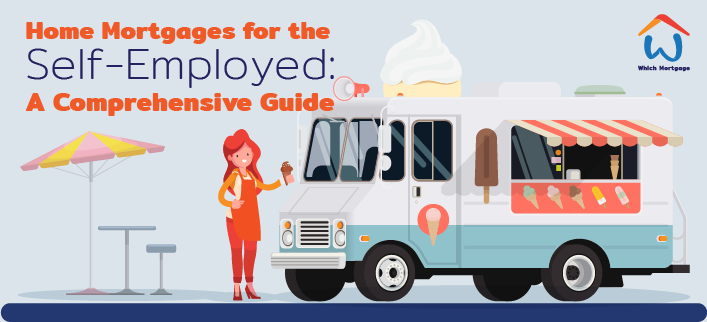Saving for a deposit is in your interests
Use time to your advantage
Reduce your expenses as far as possible
- Holidays/travel – who doesn’t love a trip? But when you’re saving for a deposit, a short-term sacrifice now will result in a lot of long-term gain later. No one is saying that you have to forego all travel for as long as it takes you to save a deposit, but you can cut big costs if you change your travel habits. City breaks are best put on hold until after your house purchase. And for large summer or winter breaks, think about holidaying closer to home in Ireland rather than spending money on long haul destinations.
- Transport – do you run your own car? We all love the convenience of our own car, but using public transport can help you make a major cost saving while you’re focused on your deposit.
- Accommodation – can you reduce your rental accommodation costs? If you’re renting an apartment, investigate to see whether renting a room is an option for you. Could you move back in with your parents? Could you swap babysitting services for a reduced rent with friends or family who have children? All of these options require a lot of thinking to figure out if they work for you (and the other party). But the point is to illustrate that you’re in the power seat to make decisions that can radically reduce your outgoings.
-
Coffee – let’s not turn coffee into another avocado gate. We know the affordability questions is more nuanced than that. Rather, let us look at where we can make changes to our expenses to help us achieve our goals. If you’re buying a coffee a day, there’s a considerable amount of money to be saved by reducing that habit. It’s a good thing to treat yourself, but think about how the 80/20 rule could help you here. 80% of the time you cut back your coffees, and 20% of the time you treat yourself to your favourite mocha. Winning on both fronts!
- Work lunch – the exact same concept applies here. Buying lunch everyday, even if only a small sandwich, adds up. Make your own lunch and bring it to work. It’s not an exaggeration to say that you could save close to €1,500 this way in a year.
- Dinner – ready made meals and take-aways can be a godsend when you’re tired from a full day at work. But focus on the long game. Not only is it healthier to cook from scratch, it’s much more cost effective too. And you can cook in bulk to save you time. Making this effort will be worth it when you see the extra €2,500 – €3,500 you can save this way per year.
- Entertainment – you can still have a social life when you’re saving for a deposit. Just think about it a little bit differently. Some of your close friends and family may be looking to save for a deposit too. A walk in a park or a trip to a free art gallery will still be fun, but will cost way less than meeting for cocktails after work every Friday.
Keep focused on your end goal
More Questions?
Talk to one of our mortgage specialists now!
BOOK AN APPOINTMENT

.jpg)

